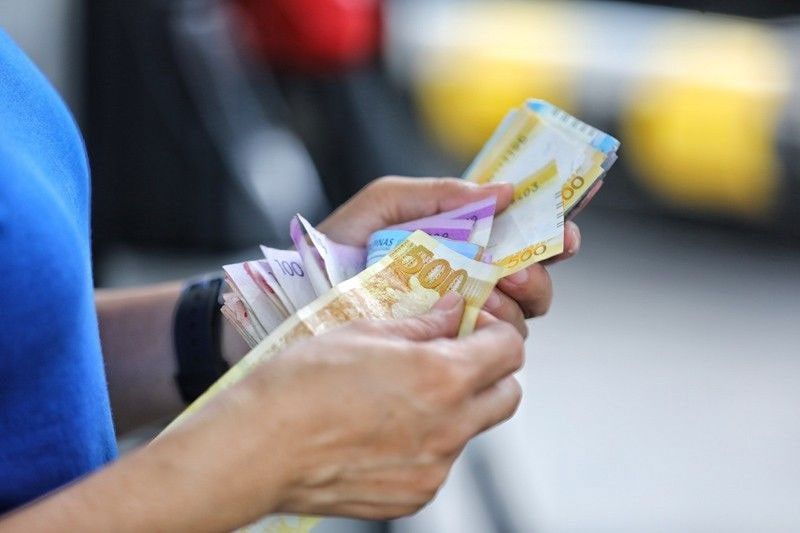Philippines retained in global dirty money gray list

For 2nd straight year
MANILA, Philippines — Paris-based Financial Action Task Force (FATF) has retained the Philippines on its gray list for the second straight year due to the country’s failure to adequately address the gaps in its regime to counter money laundering as well as terrorist and proliferation financing.
FATF president T. Raja Kumar of Singapore said the Philippines remains on the list of jurisdictions under increased monitoring after missing the January 2023 deadline as it has yet to address eight out of the 18 deficiencies in its anti-money laundering/combating the financing of terrorism (AML/CFT) controls.
“The Philippines entered the gray list in June 2021 but its action plan actually expired in January this year and eight of 18 action items remain outstanding. So this is not a small number,” Kumar said in response to a query from The STAR.
Kumar said the Philippines made a high-level political commitment to work with the FATF and Asia Pacific Group on Money Laundering (APG) to strengthen the effectiveness of its AML/CFT regime after it was reincluded in the gray list in June 2021.
“The FATF urges the Philippines to swiftly implement its action plan to address the strategic deficiencies as soon as possible as all deadlines expired in January 2023,” the global dirty money watchdog said.
Although significant progress has been made over the two-year period, Kumar noted there are still deficiencies in the country’s AML/CFT controls that need to be addressed immediately.
Kumar said the Philippines still needs to demonstrate the implementation of AML/CFT controls to mitigate risks associated with casino junkets as well as increasing money laundering and terrorist financing investigations and prosecutions.
“The Philippine government and its agencies know exactly what the gaps are and what is needed to meet the FATF standards. And I urge them to just continue to accelerate the action to address the major gaps that still remain,” he replied to The STAR.
Kumar pointed out that the Philippines has made significant progress as it has taken steps to promote understanding of targeted financial sanctions obligations amongst financial institutions and DNFBPs and at the same time increased the use of financial intelligence and investigative skills of law enforcement agencies tasked with money laundering investigations and prioritize asset tracing and confiscation at the point of conviction in criminal cases.
Aside from the Philippines, there are 25 other countries in the gray list including new entrants such as Cameroon, Croatia, and Vietnam.
On the other hand, the black list or high-risk jurisdictions still includes the Democratic People’s Republic of Korea, Iran and Myanmar.
The FATF said the suspension of the membership of the Russian Federation continues to stand.
In 2002, the FATF placed the Philippines in the list or non-cooperative countries and territories or the blacklist for having no legal anti-money laundering framework.
The passage of Republic Act 9160 or the Anti-Money Laundering Act of 2001 (AMLA) as well as its amendments through RA 9194 paved the way for the removal of the Philippines from the black list in 2003. Since then the Philippines was in and out of the gray list or jurisdictions under increased monitoring.
- Latest
- Trending



























